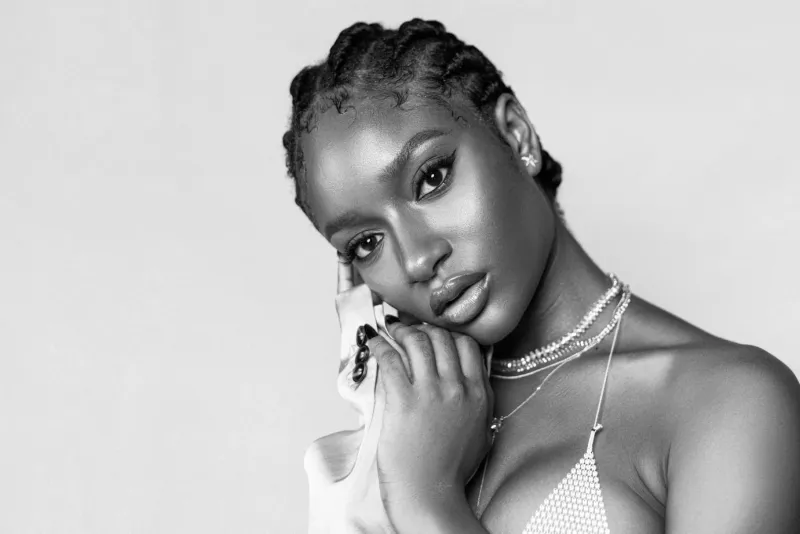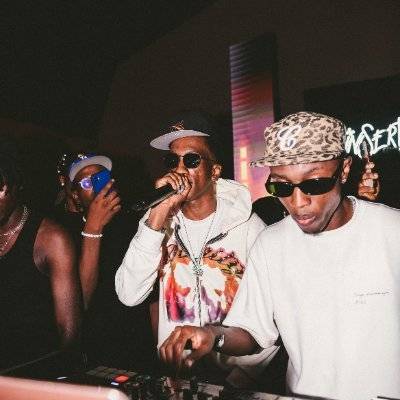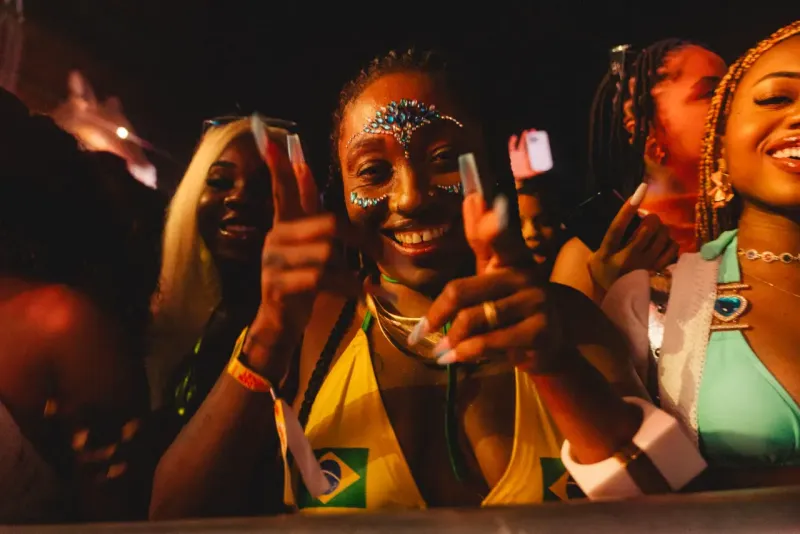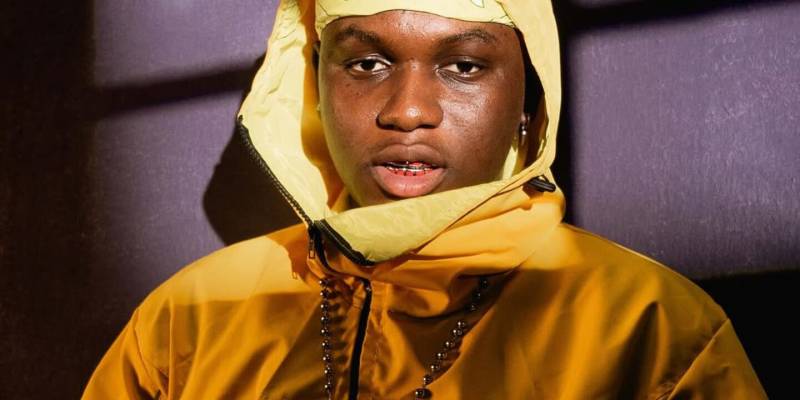A new wave is sweeping through Afrobeats—and it's not just about infectious beats or glossy visuals. The heart of this movement lies in something deeper: a cultural revival powered by musical respect. Today’s generation of Afrobeats stars is reaching into the rich archives of Nigerian music, sampling and remixing the very legends they grew up listening to. The result is a fusion that feels both nostalgic and futuristic.
In recent years, artists like Wizkid, Asake, and now Darkoo are proving that reinventing old sounds isn’t just a trend—it’s a tribute. They are reintroducing younger fans to foundational voices like Kwam1, 9ice, and ID Cabasa, making sure their legacy lives on through innovative new projects.
Read Also: AIYETORO TOWN SEASON 2 EPISODE 1 - CORONATION
Wizkid gave fans a cultural jolt when he featured elements of Kwam1's fuji rhythms in his unreleased track teaser—a sonic blend that created buzz not just for its creativity but for its audacity to blend traditional Yoruba soundscapes with Afrobeats flair. Asake, another wave-maker, has consistently toyed with Fuji and Apala textures in hits like “Peace Be Unto You” and “Omo Ope,” proving that street sounds are far from forgotten—they’re being reborn.
But the latest twist comes from Darkoo, the UK-based Nigerian artist, who has taken it up a notch by sampling the iconic “Gongo Aso” by 9ice—a 2008 mega-hit produced by ID Cabasa that once ruled the airwaves and wedding halls across Nigeria. With Darkoo’s rework surfacing in snippets and studio teasers, anticipation is high. What’s striking is not just the nod to 9ice, but the collaboration involving ID Cabasa, the very architect of the original sound.
This isn't just nostalgia at play—it's a deliberate act of honoring the artistry that paved the way for global Afrobeats dominance. Younger artists are not just borrowing—they’re collaborating. They’re engaging with veteran producers, inviting legends into studio sessions, and breathing new life into timeless records. The success of these efforts lies in how seamlessly these sonic blends travel across generations and borders, making the sound both accessible and refreshing to a global audience unfamiliar with their roots.
What makes this revival even more powerful is that it's happening organically. There’s no forced push from labels or agencies—just artists with passion and personal histories tied to the songs they now rework. Most of today’s Afrobeats stars grew up in homes where 9ice, Kwam1, and other highlife and fuji legends were the background music to everyday life. Now, with global platforms at their disposal, they’re telling the world: these voices still matter.
Wizkid’s occasional homage to Fuji, Asake’s deep-rooted flows, and Darkoo’s new-age remix of “Gongo Aso” tell a story beyond sound. It’s the story of culture folding into itself—an unbroken circle of influence where the past and present feed into each other. While the world knows Afrobeats for its vibrancy and danceability, this new chapter reveals its depth, respect, and maturity. The genre is growing up, and in doing so, it's taking its elders along for the ride.
With ID Cabasa’s involvement, expect more than just a remix—expect a rebirth of the legacy. As we wait for Darkoo’s full drop, one thing is clear: Afrobeats isn’t just exporting Nigeria to the world. It’s echoing Nigeria’s history with every beat—and we’re all here for it.



